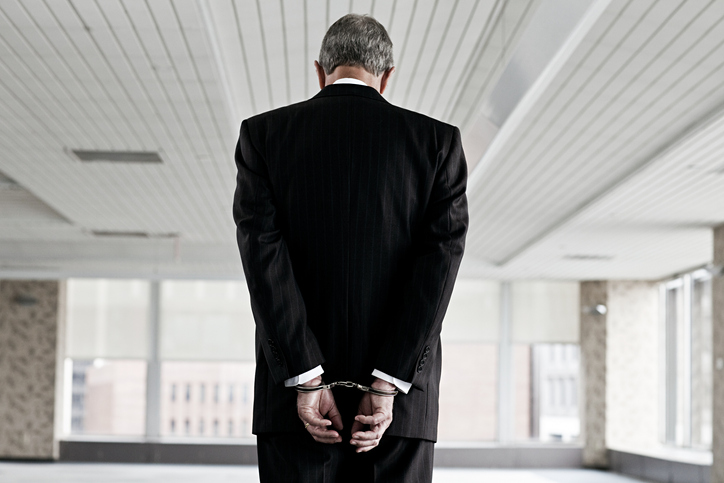Aiding and Abetting Fraud Can Now Lead to Both Criminal and Civil Liability

Fraud is a crime that occurs when one person makes a significant misrepresentation of facts inducing another to take an action that disadvantages or harms them. In Pennsylvania, criminal charges can be brought not only against the person who committed the fraud but also against anyone who assisted them. Until recently, it’s been unclear whether an accomplice could be held liable for a fraud victim’s financial losses. The state Supreme Court decision has now given a definitive answer.
In the case of Marion v. Bryn Mawr Trust Co., the court ruled that Pennsylvania recognizes the tort of aiding and abetting fraud. The ruling means that one who helps, encourages or supports the perpetrator can be made to pay the victim compensatory damages. The court reasoned that someone who helps or supports fraud should be held liable in order to deter fraudulent activity.
The ruling is significant because it gives fraud victims additional remedies for their losses. Potential defendants might be large institutions, such as banks, or professionals carrying liability insurance, such as lawyers and accountants. In the Marion case, the defendant was a bank that provided financing to the perpetrator of a Ponzi scheme that defrauded several investors. Such organizations may be targeted because they have the deep pockets to pay a claim. The incentive to seek compensation from third parties is even greater when the main defendant has little or no money to pay damages. Banks, accountants, lawyers, trust companies and others involved in financial services must now be mindful of potentially being implicated.
Aiding and abetting means having knowledge of the fraudulent activity. However, whether a person or organization has actual knowledge of fraud is a question of fact. A victim can easily allege that a third party knew about the fraud, and even if the allegation is not true, that party will have to spend time and money to mount a defense. Anyone facing possible liability for their alleged role in a fraud should immediately consult with a qualified white collar criminal lawyer.
The Law Offices of David Jay Glassman serves the greater Philadelphia region from its offices in center city and in Marlton, NJ. If you believe you are facing criminal or civil liability relating to fraud, feel free to contact us online or call 215-563-7100 for a consultation.
